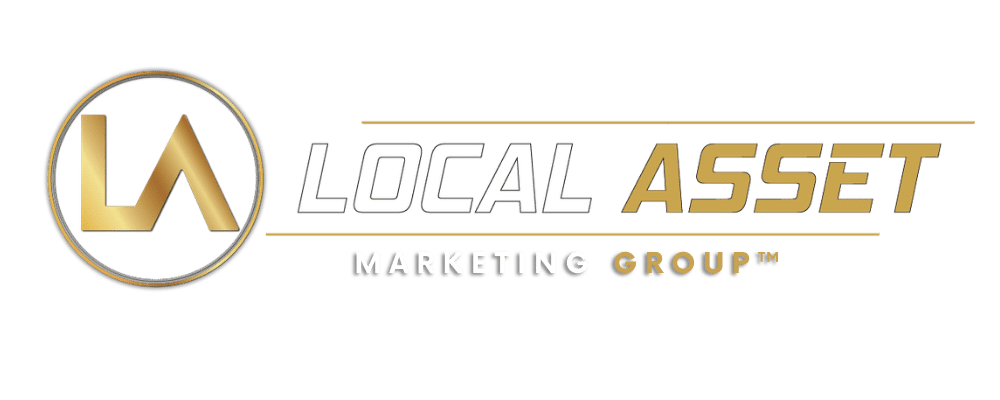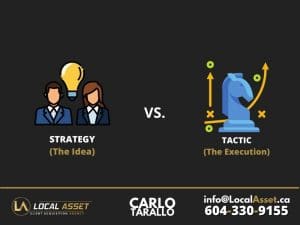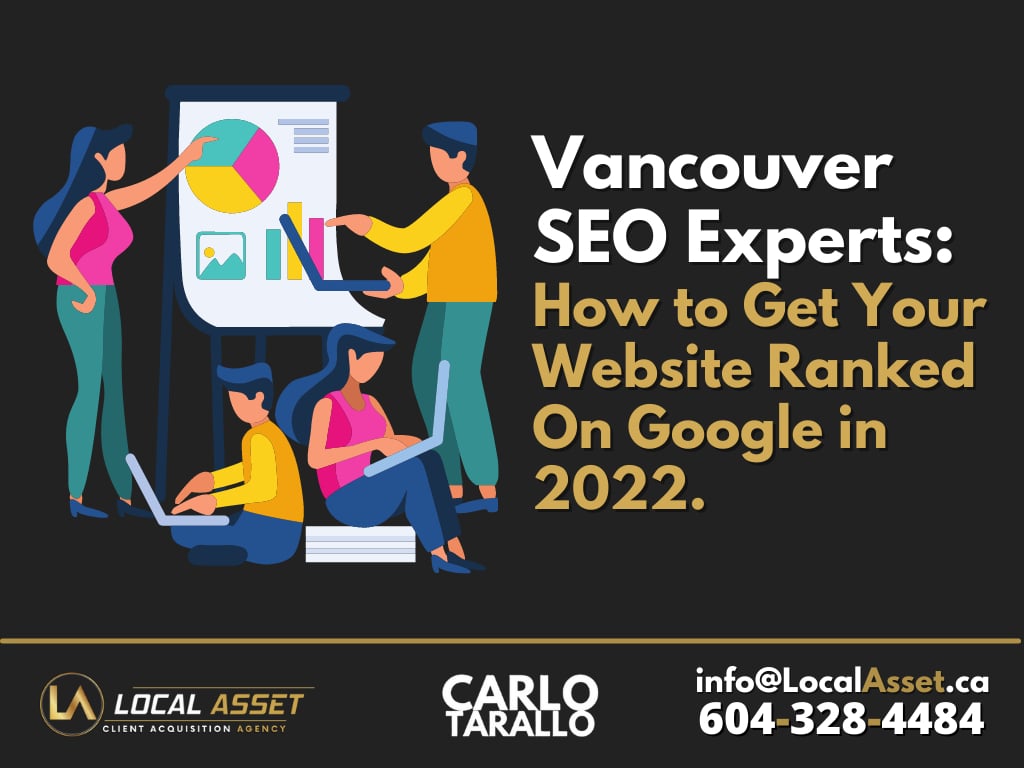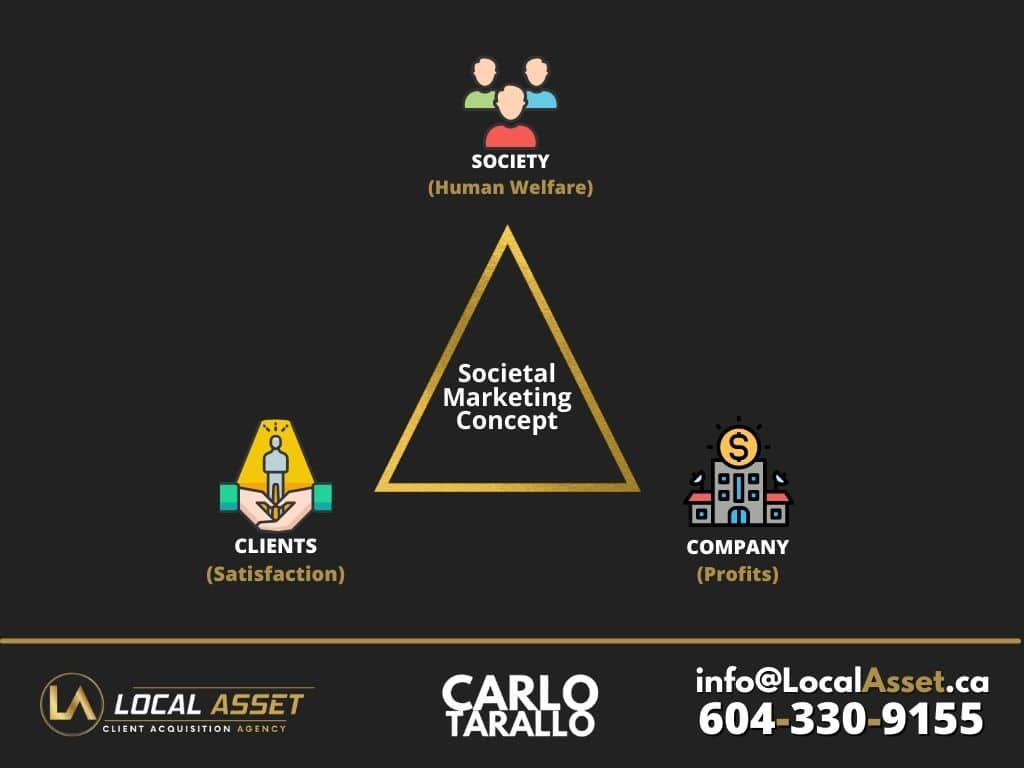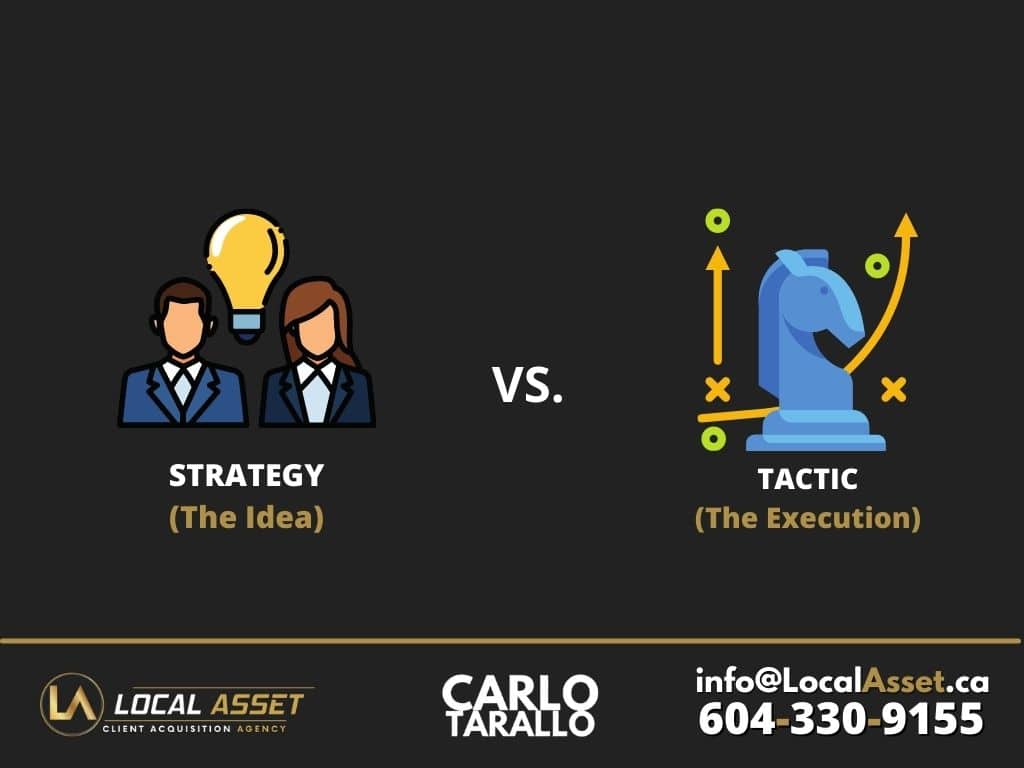3 Best Strategies for Local Inbound Marketing
Inbound marketing has been becoming more and more popular for the last few years in the marketing, advertisement, and communication world.
While conventional outbound campaigns are a cold call to persuade an unfamiliar audience to sell, Local inbound marketing focuses more on delivering value to consumers. As your needs appear, users will be drawn to that sector following several directions. Local Inbound marketing campaigns have a higher long-term return and are typically more cost-effective. These policies include recruiting professional opportunities, providing a tailored solution, and leveraging helpful, meaningful experiences and content to develop guidelines. According to the Search Engine Journal, inbound leads cost 61% less than outbound leads. When asked which marketing tactics give the sales team higher quality leads, 59% responded inbound, 16% answered outbounds, and 26% reported self-sourcing leaders.
What people we know of record TV shows only to be able to progress quickly through advertising. We do less advanced TV capabilities but usually use advertising media to brush our teeth or clean the kitchen. We are still on the Verizon “not cold call list,” and emails from marketing are more often unfollowed than reading. Double-clicking on the average of just 0.2% is not used to view the display advertisements for the non-Remarketing (i.e., the banner and sidebar ads we see when scanning websites). The “outbound marketing” family includes all these strategies.
These innovative outbound tactics translate shockingly enough at a far slower pace than Local inbound marketing campaigns where someone opts for your company and searches for you aggressively.
Inbound solutions include finding themselves naturally rather than using in-your-face approaches actively. Who do you think would purchase a house more likely? A. The one who got a “Buy this home!” letter or B. The man who looked for a fine place and found it alone? All know the simple winner of us.
‘Therefore, look at (inbound) a pop-up ad versus an amusing infographic you chose to look at,’ says Johnny Cheng, Mar ketos. “The data shows clearly that those who want to engage with your brand are converting naturally more.” Consider these conversion rate data via the acquisition channel – Inbound strategies at almost 4% provide one of the best rates.
Did you believe that Local inbound marketing campaigns help drive targeted leaders and sales??
Here are the three items that must use in a solid marketing campaign:
1. SEO – Search Engine Optimization
SEO is a difficult-to-control recycling strategy (Search engine optimization). SEO is the method of improving the website’s content and search layout so that organic placements on search engine output can receive pages or Ranking in SERPs. With a high-quality website and SEO content streamlined, web crawlers technologies from Google can recognize and index the content on your website and make it freely available to those who look for it. SEO is a crucial part of your income plan because you can not get a market if you cannot find it.
We think about keywords, code, site layout, and link-building as SEO comes to mind, and then my brain begins to turn around. SEO can become very difficult, so what should you concentrate on starting? Start by finding the keywords you need and using them. Of course, you want these keywords to attract the most appropriate audience by having sufficient search volume and user intent.
“There’s a lot about SEO, from your page content to your links with other web pages. ” SEO sometimes clearly has to ensure that the search engines grasp the layout of the web,”
Blogging for SEO
Any business on the website should have a blog as one of the first successful pages. A blog will also seriously improve your SEO skills and give insight and keep clients and prospects engaged in what they have to suggest.
Here are six practical steps marketers can take to ensure their blogs are doing SEO work for them:
-
- First, Try to Write as Sample. Think before writing, and don’t write solely based on keywords.
-
- Prioritize headings. They are essential for helping indican readers about what is next, but they also support search engines that emphasize terms and phrases. If it makes sense, try to use keywords in headings.
-
- Answer questions. What are clients’ and prospects’ questions? This question’s response would also tell companies which keywords and sentences they can look for to boost their website.
-
- Invest in a good plug-in. Blog plug-ins like Yoast remove the guesswork from SEO and allow organizations to recall all the small things they do, like metadata keywords, picture text tags, and the URL names with Keywords/phrases.
-
- Update often. It’s a best practice that businesses give their audiences blog content at the same time each day or week. How often an organization posts depends on internal resources but providing Google with a wealth of new, optimized content is imperative.
-
- Longer is better. The word limit of 500-word post days has passed. They are accommodating longer blogs than their shortest counterparts, according to new research from QuickSprout (more than 1,500 words). It will help them to get the reader a great explanation of the site
SEO Battleground: Intent vs Keyword Optimization
Answering the audience’s questions will always win out over-optimization in the original sense, i.e., positioning the keywords in strategic parts of the content.
Although Google bots are still improving each user’s comprehension, the intention has come a long way in only a few short years. SEO components that have previously been regarded as imperative (e.g., the density of Keywords) have no equal strength. Instead, the interface comportment guides the ship SERP (scoring pages for the search engine).
Although Google bots are still improving each user’s comprehension, the intention has come a long way in only a few short years. SEO components that have previously been regarded as imperative (e.g., the density of Keywords) have no equal strength. The interface comportment instead guides the ship SERP (scoring pages for the search engine).
Marketers must take a step back and still concentrate on customers and intentions before developing a content campaign around keywords alone. To do so, they must put the following questions to their audiences:
- What goods or products have they purchased or used in the past?
- How much suffering do they have?
- What themes are you interested in knowing?
- How can they raise questions?
Marketing professionals will also discover the search site’s patterns, requests, and flows through Google Trends and Google Analytics. The following chart by Neil Patel illustrates how users access a platform while they “question” something from Google. How do you gain information from these events?
When users use Google or their favorite search engine, they ask questions. Companies must be there, be they in their webpage, in their forums, in the tools section or in the discussion, to address specific questions. It is to give the listener the highest benefit.
Google tends to travel the semantic SEO route or bases the search engine returns on relevance. Marketers should build a clear chart detailing their subjects, themes, and keywords before creating a single piece of material for a new website. You can check to See this Search Engine Journal example:
If you can see, the subject is the more comprehensive market category; ideas are focused on the pain and keywords of their clients. Free tools like LSI Graph may allow skilled vendors to investigate specific keywords and terms, while tools like SEMRush help traffic verification and recommend similar choices. All the “old” rules apply after these keywords have been identified. The names, body information, meta details, URLs, and alt tags should contain keywords/phrases.
Social Media: A Hidden SEO Treasure Trove
Inbound tactics are both the SEO and social media, and their parallels do not end. Both rely on fantastic content to enhance their popularity. And while most advertisers accept that society has an impact on the popularity of their SEOs, many dismiss the particulars. Three of the best ways businesses can see SEO’s social accounts:
- Expand external links. When firms post fantastic stuff, others share it too. And as they connect to the business website material, Google is happy to have a brilliant new external link. Hashtags and markers are all ways to get the most attention on social posts.
- Grow follower counts. If a user is looking for a particular subject and there are 100 followers in one Twitter account, while another has 10,000 followers, the one that has more followers is often more advanced in SERPs. Organizations must exchange valuable content, launch talks and join others to build their followers organically.
- Get local. The reviews of Google mainly focus on local communities, and social media are the ideal spot for companies to become involved in local communities. Companies may update their venue, post local events, and monitor SEO companies in addition to the local companies.
Google is still in the early stages of understanding social signals and searching social websites, but it’s quickly evolving. And while social media alone won’t help anyone reach the top of the SERPs, sharing optimized, helpful content on social media certainly won’t hurt to get the word out.
2. PPC – Pay-per-Click Google Advertising
Now my language is spoken! You might say, wait – is PPC a paying strategy and are not paid for input strategies? False! Paid searches are also part of the local inbound marketing family since search ads occur while a person searches aggressively for something, so PPC ads do not stop another activity. Not all PPC facets are good as inbound (such as display advertising). Still, search network ads are one of the best components of the solid inbound policy because search queries reveal too many intentions.
So, how different is PPC from SEO? You pay for SERP investments with paid advertising instead of emerging organically. Why do you pay if you are organic? For some causes, By SEO:
Where and how you show on the search results page, you have far less say. An algorithm tweak will damage the visibility of your organism. It also takes a long time to see outcomes (and is not guaranteed!)
In paid searches, you pay for the top sites where people can most likely see your ads and use specific keys that attract professional visitors. You can change your budget, delay your announcements at irrelevant moments, aim mobile search, calculate your RAO easily and continue with the list.
To achieve the most crucial number and consistency of leads, it is morally necessary to do SEO and PPC.
3. Content Marketing
Would you serve a drink to your guests, wouldn’t you? It is the same as leads! It would help if you now offered them something to “drink”, even material when you welcomed them warmly through PPC and SEO in the door. Marketers also consider content to be the only component of Local inbound marketing policy, and while it’s not the only issue, it’s highly critical. There is no chance to hold your leads and turn them without fresh and valuable material. Your material can come in many ways to address your question or resolve an issue for your audience.
Your content has to distinguish itself from the secret to content marketing. “The material should be sufficiently striking to crack the conflict. It is not sufficient to generate material, “Murray Newlands says Entrepreneur. “The contents must inspire the audience, teach or entertain.”
So, The question is where to start?
- Create a blog: You should know this already, but the blog’s content is one of the best ways to advertise a business. Blogging helps you draw new tourists, attract visitors and persuade warmer leaders. A blog is a hub for informing your readers and demonstrating that you are a thinker in your field. It is more than a quarter of our overall traffic here at WordStream!
- Create manuals, e-books, and other free material: it helps develop more informative content to support your leads and market your goods or services.
- Collect and build case studies for customers: Case studies and client feedback will contribute to convincing guidelines down the bowling. Hearing from someone like them gives you trust and opportunities for conversion.
- Creates a calendar of material: to guarantee that you keep up with the daily publication of new material.
Building a strong brand needs a solid strategic marketing approach to draw new prospects and retain clients. The mixture of outbound marketing (push) and Local inbound marketing (pull) is used. Outsourcing ads can be costly and dangerous for some firms, such as start-ups, small local firms, and even bigger enterprises, with minimal ad spending. However, Local inbound marketing can be made more available and focuses on increasing demand by providing customers with imperative motives for approaching you.
Do you want the best Digital Marketing Agency in Vancouver to craft a custom marketing plan for your business for free?
Do you want more clients? Then you might want to have a quick chat with us. Get a new and fresh perspective on what could be done in your business to start getting new clients right now. If you’re interested, we would love to offer you a custom marketing plan for your businesses completely for free.
